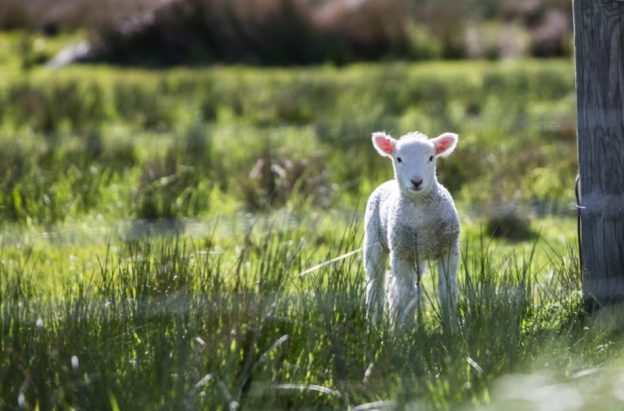Sheep farmers in the UK are currently facing a very tricky situation with parasites. According to a study from 2023, a massive 98% of farms show resistance to wormer in group 1, 2 and 3. This results in a risk of huge production losses. Most notable is the chance of losing lambs because of roundworm.
While it does not appear to be possible to reverse building resistance, we can do a number of things to slow it down. It is a particularly good idea to take inspiration from New Zealand. They’ve had a harder time of it and need to make big changes to practices. The fact their issue was with the same two major parasites as the UK, Teledorsagia and Trichostrongylus, means we can use similar strategies.
NZ’s issue
New Zealand had a huge problem with sheep farming because of changes to agricultural policy. The focus was put on ensuring maximum efficiency and productivity. Farmers had to look at ways to reduce costs and make full use of farmland. Many had to close because they could need work with the new policies. Those that did continue typically had to increase stock density. However, this massively increased the parasite pressures.
The situation led to the problem with resistance building. The higher risk of parasites meant more farmers were using wormer more frequently. Some would treat lambs as frequently as every 28 days to suppress worms. Many would use anthelmintics without veterinary advice. As a result, studies found that in two years resistance on the South Island rose by a massive 50%. There was an increase on the North Island too, by 15%.
What to do?
We definitely don’t want a similar situation to play out in the UK. Instead, we need to look at different ways to manage animal health.
The solution is to have a robust plan in place to manage worms and animals. Faecal egg testing is crucial to ensure farmers know about worm loads. Reduction tests can also identify resistance patterns. Farmers can then make changes to avoid resistance. A crucial one is to rotate products instead of relying on the same anthelmintics.
An interesting tactic is to periodically introduce newer groups to herds. The aim here is to help clear out resistant worms by actually introducing more that are not resistant.
Another thing to try is using a break dose. Resistant worms can survive group 1, 2, or 3 wormers. What you should do in this case is administer a group 4 wormer. It can kill them and slow resistance.
Finally, a proper grazing plan can be incredibly useful. Key here is to keep new lambs off pastures that have previously had lambs in the season. Using cattle or older parasite resistant sheep to clean up pastures can help too.
Farmers should also only be using anthelmintics if a vet recommends it. If they get a recommendation, it is important to use them correctly. Most crucial here is to ensure there is no under-dosing. Weighing animals is vital for avoiding this. It will confirm animals get a sufficient does for the weight. If you can’t weigh each animal, calculate doses using the largest animal.
Do you want to buy wormer?
JS Hubbuck Ltd has a fantastic selection of products. More importantly, we have a huge amount of product knowledge. It means that clients can come to us and learn how to get the best results with any purchases.
So, if you need wormer for sheep or other products like fertiliser or feed, speak to us. We have a fantastic reputation and happy customers who know they can rely on us.

